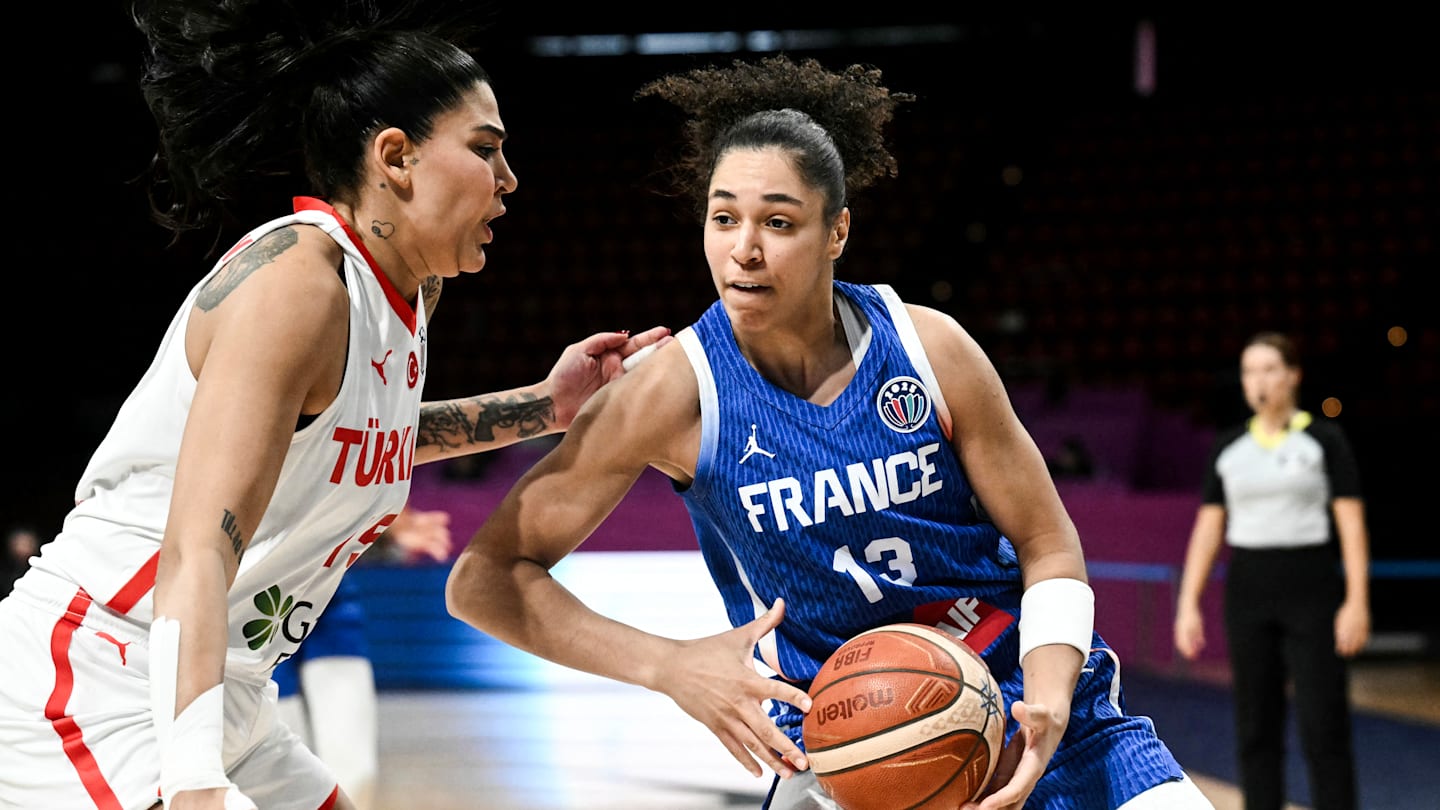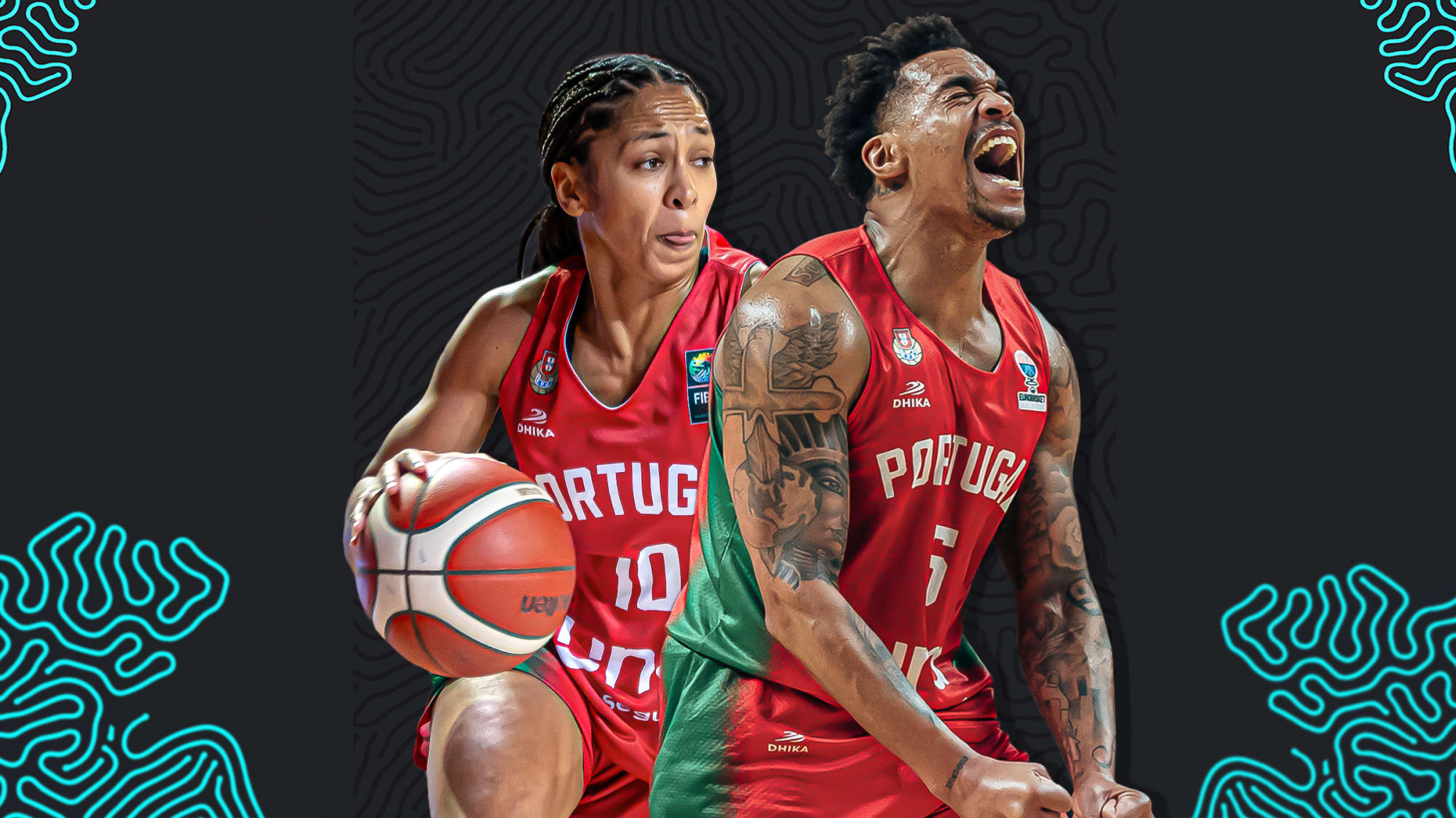Major Record Broken Early in EuroBasket Tournament

A Thursday night in Piraeus, Greece, a port town near Athens, set the stage for an electrifying display of basketball passion. The Peace and Friendship stadium welcomed a record-breaking 8,860 fans for a 21st-century women's basketball game, creating an atmosphere reminiscent of a thriving WNBA arena. The air thrummed with the beat of drums, the cheers and boos of enthusiastic supporters, and the palpable excitement of children eager to glimpse their favorite players. This vibrant scene underscored a crucial point: the thrill that good women's basketball inspires is universal, and European fans are as hungry for it as their American counterparts.
While football (soccer) undeniably dominates the European sporting landscape, the continent has always harbored intense basketball fandoms and rivalries. However, this energy has historically been concentrated on the men's game, leaving women's basketball largely on the sidelines. The recent surge in popularity for women's basketball in the United States, mirrored by the robust attendance at EuroBasket, clearly signals a monumental opportunity for FIBA, the international basketball federation, to recognize and capitalize on the existing fan base across the Atlantic.
EuroBasket 2025, the tournament currently underway, is co-hosted by Piraeus (Greece), Hamburg (Germany), Brno (Czechia), and Bologna (Italy). Piraeus is slated to host the crucial elimination stage, including the quarter-finals, semi-finals, and finals, starting June 24. For the initial phase, four national teams—France, Switzerland, Turkey, and the host nation, Greece—are competing near Athens. The tournament features a strong contingent of WNBA players, including Leonie Fiebich, Luisa Geiselsöder, and Nyara Sabally representing Germany; Julie Allemand and Julie Vanloo for Belgium; Janelle Salaün for France; Jessica Shepard for Slovenia; Teaira McCowan for Turkey; Temi Fágbénlé for Great Britain; and Cecilia Zandalasini for Italy. The collegiate ranks are also well-represented, with NCAA athletes such as Louisville's Elif Istanbulluoglu and Cal's Ioanna Krimili participating.
Historically, basketball in Europe has not been a significant money-maker, but a shift is discernible, with the continent now producing top NBA and WNBA draft picks and some men's teams, like Greece's Panathinaikos, becoming lucrative franchises. Yet, the women's game lags significantly in generating the revenue necessary to support the substantial investment it requires. For sustained growth, FIBA must commit deeply to the women's game. Female athletes in Europe deserve better resources, improved facilities, and increased opportunities for physical care and off-season recovery.
The critical lesson for FIBA is to avoid the prolonged misstep of the WNBA's past: it's not a matter of 'If you build it, they will come,' but rather recognizing that 'They're already here, you just need to show you support them.' The opening days of EuroBasket have undeniably demonstrated the fervent enthusiasm of European fans for thriving women's sports teams. With many games remaining in the tournament, FIBA has a golden opportunity to demonstrate genuine commitment to the players who are the heart of the game. Failure to act swiftly could have significant repercussions, as upcoming CBA negotiations in the WNBA might offer European athletes a compelling pathway to the United States, potentially leading them to look no further than American shores.












